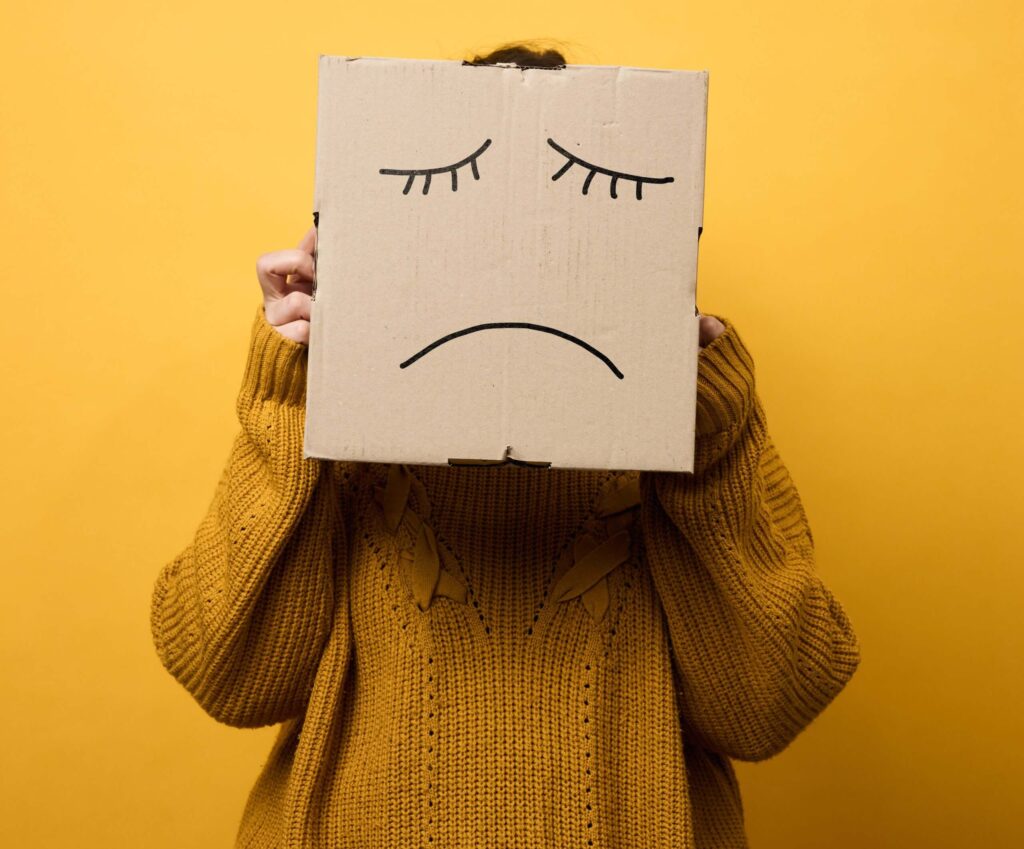
The fifth wave of covid-19 in Hong Kong and the rapidly changing policies rolling out in this city have certainly created much anxiety, fear, frustration, and even anger. Two years of stressing over catching the virus and adapting to significant changes in our daily lives, the recently announced strategies have further instilled a sense of helplessness as we imagine – and witness – the possibility of being separated from loved ones as we are placed into various isolation arrangements.
Our emotions are valid. It is normal for humans to react to real and perceived threats with strong emotions. Added to the extended time our city has already faced months of working from home, home-schooled children and limited physical contact with friends and loved ones – the new uncertainties can be stifling. It is important in this time we continue to look after our Health. Not just trying to avoid catching a virus, but to maintain our physical and mental well-being, as best as we can.
1. Taking care of our Physical Health
Under social restrictions, our daily routines have changed. This can impact our biological rhythms, which in turn affect other aspects of health. It is therefore important we try to maintain some stability.
• Stick to a regular sleep-wake schedule – Try to sleep and get up around the same time each day. Limit screen-time. Stop using tablets and phones at least half an hour before your intended bed time. Get enough sleep. Use an alarm clock. Set a regular routine in the morning so you have something familiar to wake up to.
• Maintain regular meals – Remember the main meals of the day and choose a balanced diet. Avoid loading up with sweets or junk food. Avoid drinking too much caffeine which can arouse the nervous system, impact sleep and increase anxiety.
• Structure in physical activity – It is difficult when gyms are closed, not much room or equipment in the home. There are now many videos or apps online that have various exercises for all levels. Alternatively, find new routes around the neighborhood that allows for longer walking or jogging distance.
• Maintain hygiene – It can be easy to not dress or make-up when working from home, or even skipping washing up or bathing schedules! Keeping regular times for hygiene and self-care is not only important for physical health, but also mental well-being.
• Limit alcohol and tobacco – It is tempting to drink more alcohol during times of stress. After the temporary relief though, escalated drinking can affect your emotions and reduce your stress-coping abilities. Smoking and vaping can impact your lung health and reserve. In face of covid-19, these can increase the risk of serious disease.
• Avoid recreational drugs – Like alcohol, this can lead to damages to physical and mental health. If you find yourself escalating in amount in short amount of time, do consider seeking professional help. There are less harmful ways to help your distress and you don’t have to do it alone.
2. Looking after our Mental Wellbeing
Overwhelm often comes from an overload of information, possibilities, fears about “What Ifs” and that sense of losing control. We can all learn ways to help regulate what we allow to affect our minds.
• Reduce exposure to news and social media – Especially in this wave, constantly changing policies and intensifying emotions can lead to various reports and expressions in the media. Set a limit to the amount of time you spend reading news and social media.
• Erect work-life boundaries – Working-from-home can blur boundaries between “office” and “home”. If possible, designate an area of your home as “the office”, and set a “time-off” for when you remove yourself from that area, and can shut off temporarily from emails/ messages/ phone-calls from work.
• Keep busy with self-care activities – Find healthy distractions to replace time on news, social media and work. Hobbies that can be done at home eg. reading, journaling, cooking, listening or making music, watching your favorite TV shows or movies. Choose something fun or inspiring. Learn about Meditation or Mindfulness practices that help relax the mind and body.
• Keep connecting with others – Don’t let limited physical contact prevent you from connecting with your friends and family. Continue to connect via phone/video calls, messages or even letters and postcards! Be intentional in scheduling catch-ups. Reach out and support others. Helping others can in turn, be a purposeful self-care activity.
• Draw on spiritual support – For some, spiritual faith and belief systems are important sustenance through uncertainty and loneliness. Different faiths also draw communities of individuals with shared grounds. Explore or revisit your Faith if this may be meaningful to you.
3. Recognizing when and where to seek help
Prolonged stress can be taxing to all aspects of health. If you are experiencing worsening anxiety or depressive spells, insomnia, fluctuating appetite and weight changes that have lasted consecutive days or weeks, you should consider reaching out for professional help. Early recognition and dealing with mental health problems can help you overcome them sooner and build resilience.
You may seek advice from your general practitioner, who may be able to offer a check- up and advice if further intervention is needed. Alternatively, you can arrange an appointment with one of our mental health practitioners directly for expert advice and support.
If ever you experience intense dark thoughts that seem to be spiraling out of control, do not hesitate to call the 24 hour service Samaritan’s Hotline available in Hong Kong. https://samaritans.org.hk/services/24-hour-telephone-hotline/.
You are not alone, and you do not have to do this alone.
Useful links:







